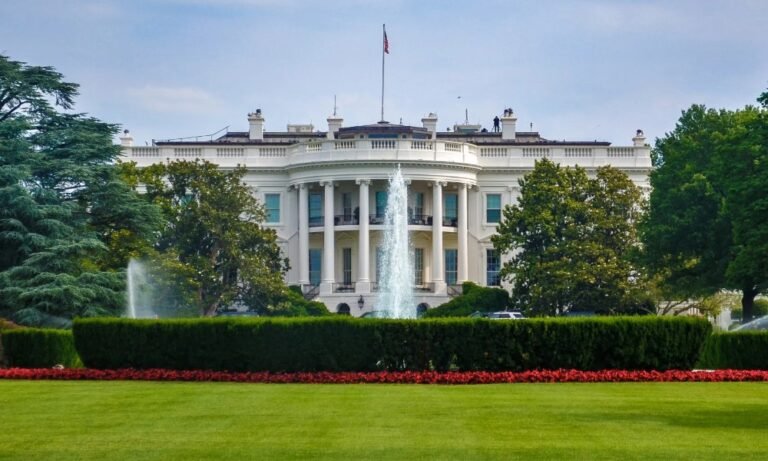The United States Rejects IMO’s Proposed Carbon Levy
The United States has formally rejected the International Maritime Organization’s (IMO) proposed carbon levy, denouncing it as a “global carbon tax on Americans” and affirming its commitment to protecting the interests of the American people. The rejection comes ahead of a crucial vote scheduled for October.
In a joint statement, key government officials including Secretary of State Marco Rubio, Commerce Secretary Howard Lutnick, Energy Secretary Chris Wright, and Transportation Secretary Sean Duffy declared that President Donald Trump would not endorse any international environmental agreement that unfairly burdens the United States. The proposed net-zero framework, aimed at reducing greenhouse gas emissions from the shipping sector through fuel standards and levies, has faced opposition from the US delegation.
The US officials argued that the IMO’s measures would disproportionately benefit China and penalize US industries leading in cleaner fuels like LNG and biofuels. They raised concerns about the potential financial impact on American consumers and small vessels, warning of millions of dollars in additional costs.
The US administration made it clear that it would consider retaliatory actions if the IMO proceeds with the carbon levy. However, specific details of any potential retaliatory measures were not disclosed.
During the April session of the Marine Environment Protection Committee (MEPC), US negotiators walked out of talks, highlighting the growing divide on the issue. While 63 member states supported the proposed framework, including China, Brazil, and EU nations, 16 opposed it.
The agreement includes fuel standards and a pricing mechanism to regulate greenhouse gas emissions from ships. Vessels failing to meet emission reduction targets outlined in the regulations would be required to purchase remedial units. The upcoming MEPC meeting in October will determine the finalization of these regulations, with a two-thirds majority vote needed for approval.
Environmental organizations have criticized the US stance, cautioning that delays in regulating marine fuel emissions could hinder the industry’s ability to meet climate goals. With positions hardening, the possibility of a formal vote at the IMO becomes increasingly likely.

